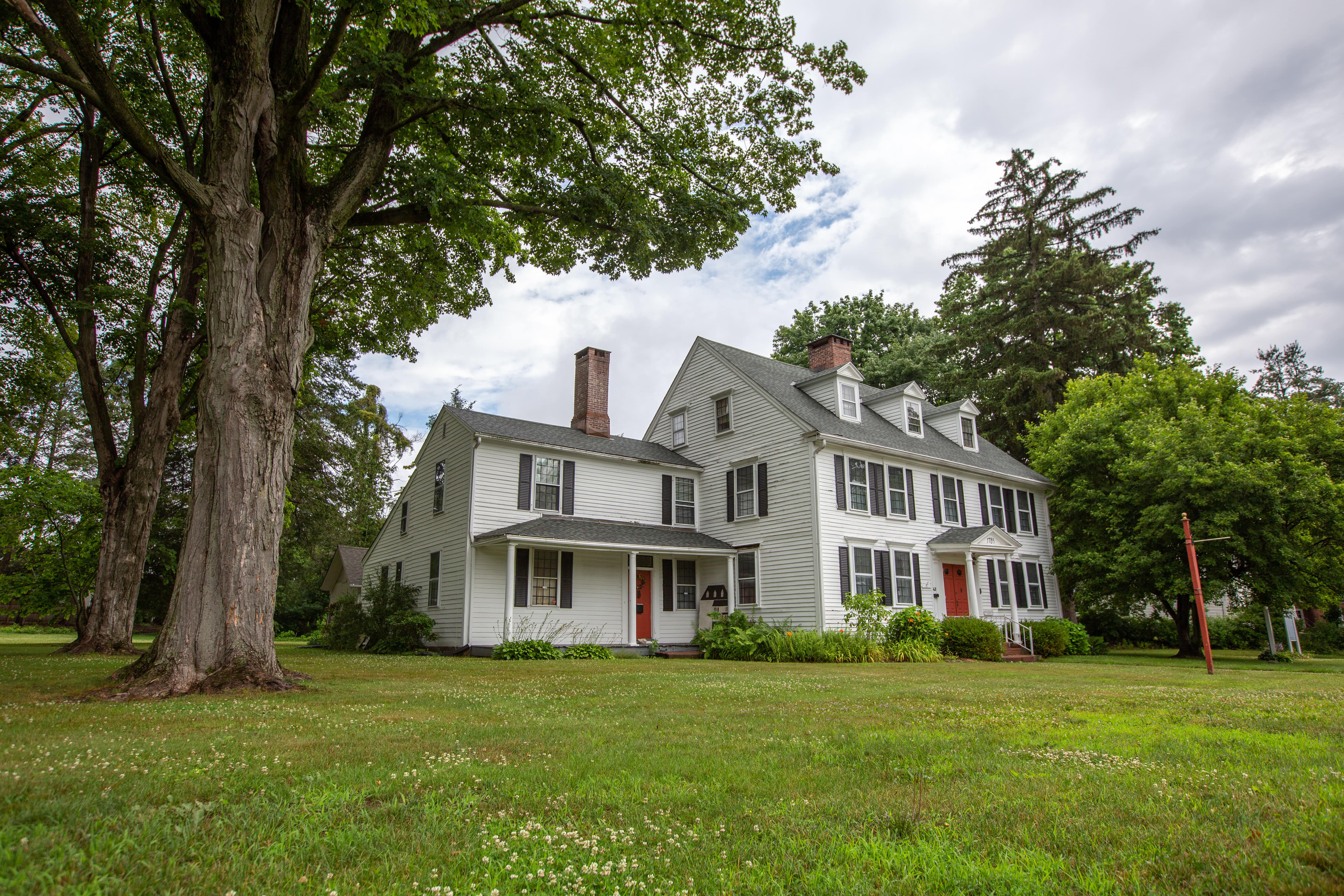Real estate listings in Fairfield county include a good number of condominiums for sale. Condos can be a great option for some buyers rather than a traditional home, depending on their specific needs. Let’s compare the advantages and disadvantages of living in a house and condo.
What is a condo?
Before we get into the details, let’s quickly define what a condo is and what sets it apart from a house or apartment. A condo is privately-owned space within a larger multi-unit building or complex. Condos, unlike apartments, are usually owned and not leased like apartments.
The ownership of a condo includes the interior of the unit, while the exterior and common areas are jointly owned and maintained by a homeowners association (HOA).
Pros of Living in a Condo
- Lower purchase price: Condos are generally more affordable than houses, especially in urban areas, making them a popular choice for first-time homebuyers and those looking to downsize .
- Reduced maintenance: One of the biggest perks of condo living is reduced maintenance responsibilities. The Homeowners Association (HOA) handles exterior maintenance, landscaping, and common area upkeep, which can save you time and effort.
- Access to amenities: Condos often come with shared amenities such as pools, fitness centers, and clubhouses, which are maintained by the HOA and provide convenient recreational options.
- Lower insurance costs: Condo insurance tends to be less expensive than homeowners insurance because it only covers the interior of your unit. The HOA’s master policy covers the exterior and common areas.
Cons of Living in a Condo
- HOA fees: While these fees cover maintenance and amenities, they can be substantial, ranging from a few hundred to over a thousand dollars per month, depending on the condo complex and its amenities.
- Less privacy: Condos typically share walls with neighboring units, which can mean less privacy and potential noise issues. This setup may not be ideal for those who value solitude.
- HOA rules and restrictions: Living in a condo means adhering to HOA rules, which can restrict your ability to make changes to your unit’s exterior, keep certain pets, or even rent out your unit.
Pros of Living in a House
- More privacy and space: Houses generally offer more privacy, as they are detached and come with their own yards. This can be a significant benefit for families or individuals who value space and solitude.
- Customization options: Homeowners have the freedom to modify their property as they see fit, including renovations and landscaping, without needing approval from an HOA.
- Potential for higher appreciation: Single-family homes often appreciate at a higher rate than condos, which can make them a better long-term investment.
Cons of Living in a House
- Higher initial and maintenance costs: Houses are typically more expensive to purchase and maintain. Homeowners are responsible for all maintenance tasks, from roofing to yard work, which can be time-consuming and costly.
- Higher utility costs: Larger living spaces and the need to maintain the entire property often result in higher utility bills compared to condos.
- Lack of shared amenities: Unlike condos, houses do not come with built-in amenities like pools or gyms unless you invest in installing and maintaining these features yourself.
Conclusion
Choosing between a condo and a house ultimately depends on your lifestyle, budget, and priorities. Condos are ideal for those seeking a low-maintenance lifestyle with access to amenities and urban living. In contrast, houses are better suited for those who prioritize space, privacy, and the freedom to customize their living environment. Consider your financial situation, need for space, and willingness to comply with HOA rules when making your decision.
Need a real estate attorney for your next closing?
Navigating real estate closings can get tricky. Attorney Charlene Pederson has more than 25 years of experience helping clients through residential purchases, sales, and refinances. If you need an experienced, attentive attorney for your closing, reach out today for a free consultation.




